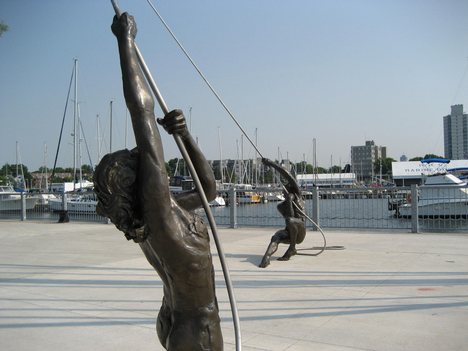
- Order:
- Duration: 4:18
- Published: 04 Sep 2009
- Uploaded: 31 Aug 2011
- Author: islandrecords






















































Some songwriters serve as their own music publishers, while others have outside publishers.
The old-style apprenticeship approach to learning how to write songs is being supplemented by some universities and colleges and rock schools. A knowledge of modern music technology and business skills are seen as necessary to make a songwriting career, and music colleges offer songwriting diplomas and degrees with music business modules.
Since songwriting and publishing royalties can be a substantial source of income, particularly if a song becomes a hit record, legally, in the US, songs written after 1934 may only be copied or performed publicly by permission of the authors. The legal power to grant these permissions may be bought, sold or transferred. This is governed by international copyright law.
Professional songwriters can either be employed to write directly for or alongside a performing artist, or they pitch songs to A&R;, publishers, agents and managers for consideration. Song pitching can be done on a songwriter's behalf by their publisher or independently using tip sheets like "RowFax", the MusicRow publication, and SongQuarters.
In the Nashville country music scene there is a strong staff writer culture where contracted writers work normal "9-to-5" hours at the publishing office and are paid a regular salary. This salary is in effect the writer's 'draw', an advance for future earnings paid on a monthly basis so they are able to eat on it. The copyright of the songs written during the term of the agreement is owned by the publisher for designated period, after which the copyright can be reclaimed.
Staff writers are common across the whole industry, but without the more office-like working arrangements favoured in Nashville. All the major publishers employ writers under contract. A staff writer contract with a publisher is a natural first step for any professional songwriting career, with some writers outgrowing the set-up once they achieve a degree of success and a desire for greater independence. Songwriter Allan Eshuijs described his staff writer contract at Universal Music Publishing as a "starter deal", the success from which eventually allowed him to found his own publishing company so that he could "keep as much [publishing] as possible and say how it’s going to be done."
This text is licensed under the Creative Commons CC-BY-SA License. This text was originally published on Wikipedia and was developed by the Wikipedia community.


